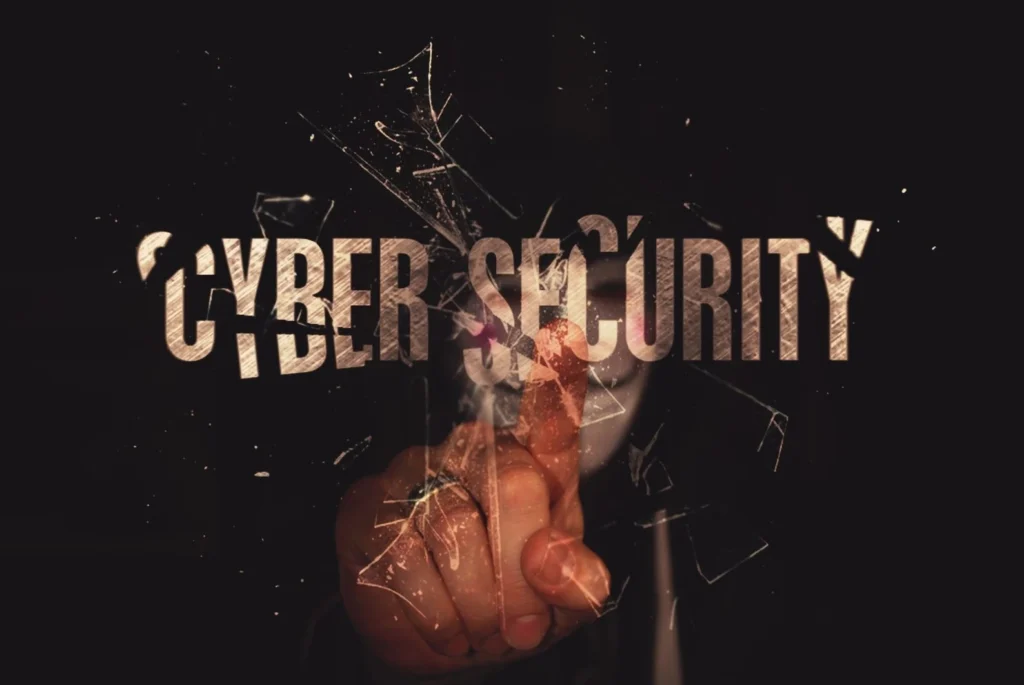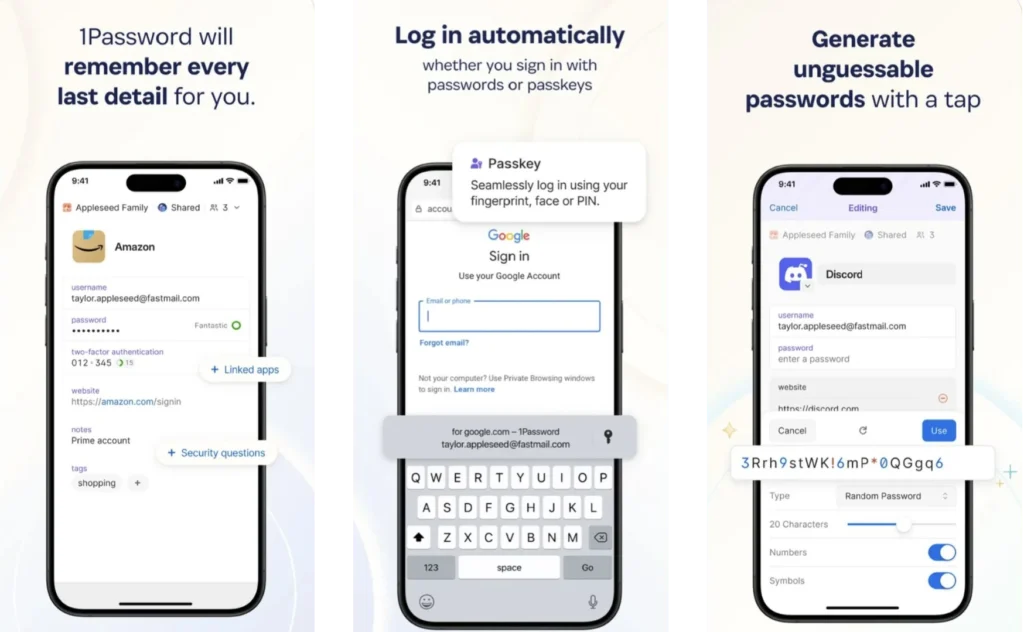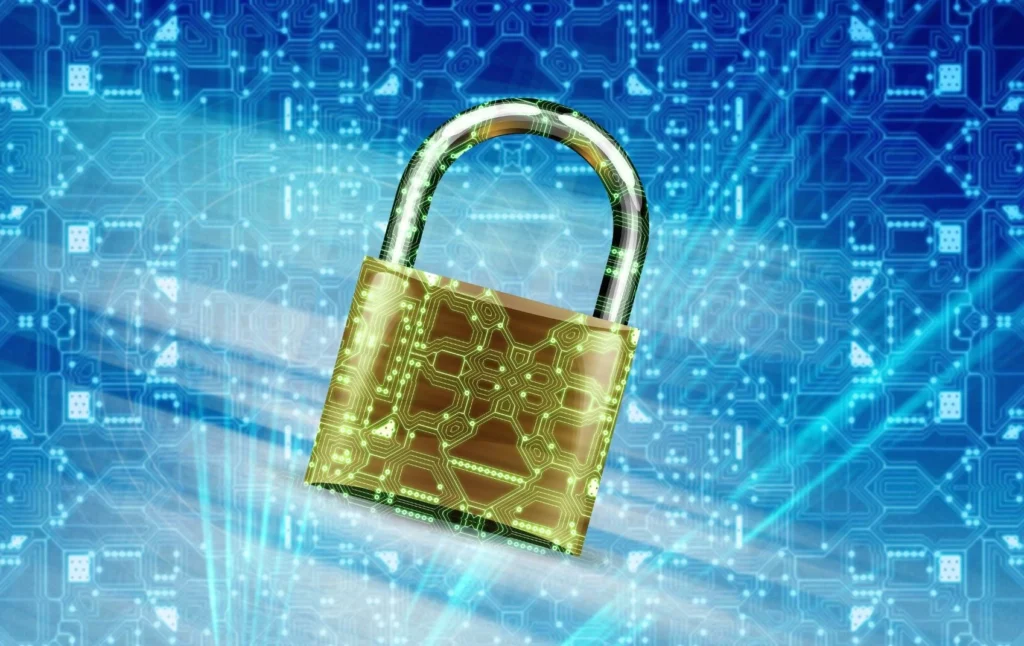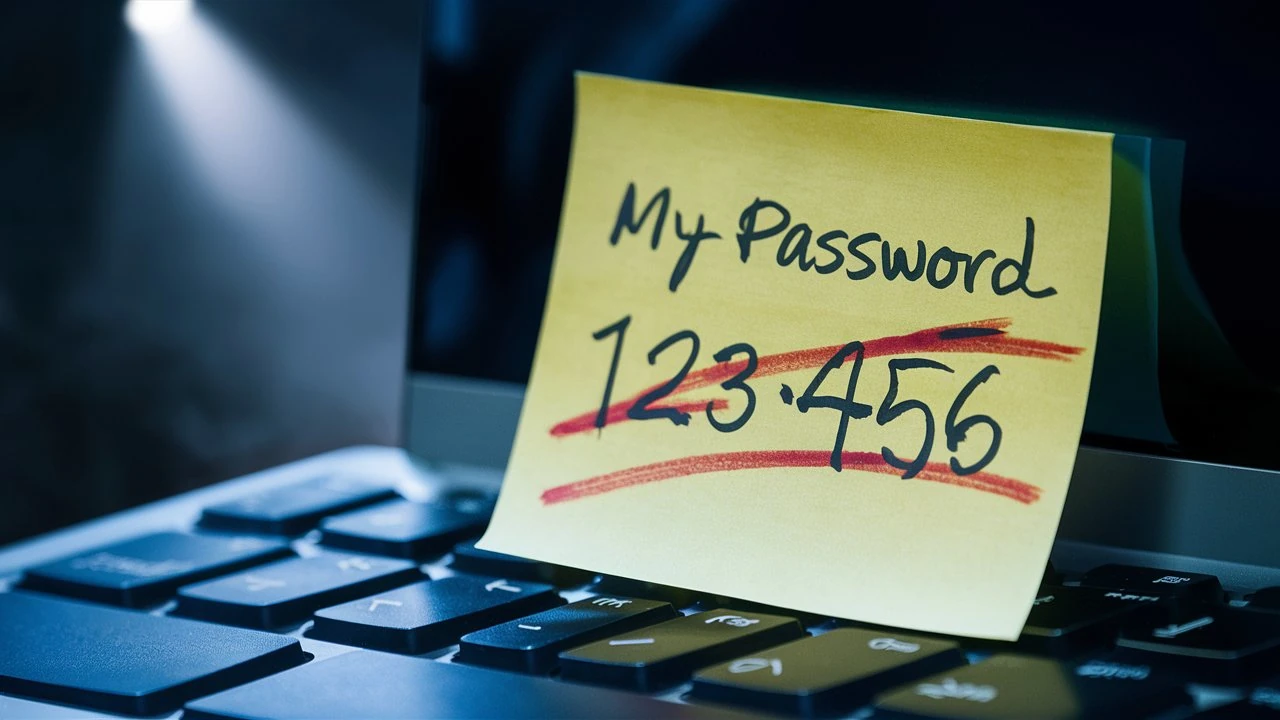Let’s face it, passwords are a pain. They’re easy to forget, hard to keep track of, and the endless warnings about making them “stronger” can feel overwhelming. But here’s the cold, hard truth: your passwords are the first line of defense for your digital life. They protect your emails, bank accounts, social media, and even your smart fridge (yes, that’s a thing now).
So, how do you create a strong password that’s both secure AND easy to remember? Don’t worry, I’m not about to lecture you on the importance of using a mix of uppercase, lowercase, numbers, and symbols (although that’s still a good idea!). Instead, I’m going to give you a friendly, no-nonsense guide to password security. We’ll uncover the secrets to protecting your digital life without pulling your hair out.
Let’s take the first step towards a more secure online life!
The Telltale Signs of a Weak Password (And How to Avoid Them)

Before we explore the art of crafting unbreakable passwords, let’s play a little game of “Spot the Weak Password.” Here are a few common culprits that you should avoid at all costs:
- Your pet’s name: Fido and Fluffy are adorable, but their names don’t make for secure passwords. Hackers can easily access this data online or through social media.
- Your birthday or anniversary: While these dates are important to you, they’re also easily guessable. Plus, if your birthday is public knowledge, it’s even easier for hackers to crack.
- Simple number sequences: “123456” might be easy to remember, but it’s the first thing a hacker will try. Avoid using any predictable patterns like “qwerty” or “asdfghjkl.”
- Dictionary words: Even if you add a few numbers or symbols, using a common word like “password” or “dragon” is a big no-no. Hackers have tools that can easily guess these combinations.
- Reusing passwords: I get it, it’s tempting to use the same password for multiple accounts, but this is a recipe for disaster. If any of your accounts are compromised, it puts all your other accounts in jeopardy.
So, what makes a strong password? It all comes down to a few key factors:
- Length: It is more difficult to crack a longer password. Aim for at least 12 characters, but more is always better.
- Complexity: A mix of uppercase, lowercase, numbers, and symbols makes your password much more difficult to guess.
- Randomness: Avoid using any words, phrases, or patterns that could be easily guessed. The more random your password, the better.
Think of your password like a fortress protecting your digital treasures. The longer, more complex, and more random it is, the stronger the fortress.
The Secret to Creating Strong Passwords You’ll Actually Remember

I know what you’re thinking: “Strong passwords? Those are impossible to remember!” But hold on, I have a secret weapon for you: the passphrase.
Think Phrases, Not Words
Instead of trying to come up with a single, complex word, try using a phrase that’s meaningful to you. It could be a favorite quote, a song lyric, or even a silly inside joke. Here’s an example:
“I love to eat pizza on Fridays!”
Now, let’s transform it into a strong password:
1l0ve2e@tp1zz@0nFr1d@ys!
See what we did there? We replaced some letters with numbers and added a symbol for good measure. The result is a password that’s 28 characters long, includes a mix of uppercase, lowercase, numbers, and symbols, and is virtually impossible for a hacker to guess. Plus, it’s easy to remember because it’s based on a phrase that’s meaningful to you.
Other Strategies
If the passphrase method isn’t your thing, here are a few other tricks you can try:
- Use a password generator: Many online tools can generate strong, random passwords for you.
- Think outside the box: Instead of using a single word, try combining two unrelated words (e.g., “cactus-lampshade”).
- Make it personal: Create a password that’s meaningful to you, but avoid using personal information that’s easily accessible online.
Keep in mind that the goal is to create a password that’s long, complex, and random but also easy for you to remember. With a little creativity, you can craft passwords that are both secure and memorable.
The Lowdown on Password Managers (And Why You Should Use One)

By now, you might be thinking, “Okay, I get it. Strong passwords are important. But how am I supposed to remember all these long, complex phrases for every single account I have?”
Well, that’s where password managers come to the rescue!
Think of a password manager like a digital vault for all your passwords. It securely stores all your login information in one place, so you only need to remember one master password to unlock it.
It’s worth noting that popular browsers like Google Chrome and Apple’s Safari have their own built-in password managers. These have become increasingly sophisticated and now offer features like:
- Strong password generation: They can create random, complex passwords for you.
- Autofill: They can automatically fill in your username and password on websites and apps.
- Password strength checking: They can evaluate the strength of your existing passwords and suggest improvements.
- Cross-device syncing: They can sync your passwords across multiple devices if you use the same browser (e.g., Chrome on your laptop and phone).
These features can be a great starting point for many users. However, dedicated password managers often go above and beyond, offering additional benefits such as:
- Advanced security features: Many dedicated password managers offer two-factor authentication, data breach alerts, and even dark web monitoring to see if your information has been compromised.
- Secure note storage: You can store other sensitive information like credit card numbers, passport details, or Wi-Fi passwords securely.
- Cross-platform compatibility: Unlike browser-based managers, dedicated password managers can often be used across different browsers and operating systems.
- Family sharing: Some password managers allow you to share passwords with family members or colleagues securely.
In the end, your decision will be based on your specific needs and preferences. If you’re looking for a simple, convenient solution and mainly use one browser, the built-in password manager might be fine. However, if you want advanced features and cross-platform compatibility or are concerned about maximum security, a dedicated password manager might be a better investment.
Choosing the Right Password Manager

1Password on Apple’s App Store
There are lots of password managers available, and you can get some for free or pay for them. Some popular options are:
- 1Password: A highly secure password manager with a focus on privacy and family sharing.
- Dashlane: A password manager with a sleek interface and additional features like dark web monitoring.
- Bitwarden: An open-source password manager with strong security and a free plan.
Whether you choose a built-in browser manager or a dedicated password manager is a personal decision. Consider your individual needs, comfort level with technology, and the level of security you require.
In short, password managers make your online life easier, safer, and more secure. They take the headache out of remembering passwords and help you protect your accounts from cyber threats.
A Word of Caution
While password managers are incredibly useful, it’s crucial to choose a reputable one with a strong track record of security. Avoid using free or unknown password managers, as they might not have adequate security measures in place.
Plus, remember that your master password is the key to your digital kingdom. Make sure it’s extra strong and that you never share it with anyone.
Staying Safe in the Ever-Evolving World of Cyber Threats

While strong passwords and password managers are essential tools for protecting your digital life, they’re not the only measures you should take. The digital world is always changing, and so are the risks to your digital security. Here are a few extra tips to keep you ahead of the game:
- Enable two-factor authentication (2FA): Whenever possible, add an extra layer of security by enabling 2FA. This security measure strengthens your login credentials by requiring a secondary authentication step, such as a time-sensitive code generated by an app on your smartphone, alongside your master password. It’s just a little thing, but it can really make a difference.
- Be wary of phishing scams: Phishing emails or messages try to mislead you into exposing your passwords or other personal information. Always double-check the sender’s address and never click on suspicious links.
- Keep your software updated: Software updates usually come with security patches that fix any weaknesses that hackers could take advantage of. Make sure your operating system, browser, and apps are always up-to-date.
- Use a VPN on public Wi-Fi to intercept your data. Learn more in our guide to The Best VPN Services of 2024.
- Monitor your accounts: Be sure to consistently review your bank and credit card statements for any unfamiliar or unauthorized transactions. If you see anything questionable, report it right away.
- Change your passwords regularly: Changing your passwords every few months is good practice, especially for your most important accounts. This can help minimize the damage if one of your passwords does get compromised.
- Stay informed: Keep up with the latest news and trends in cybersecurity. There are many resources available online and through organizations like the Cybersecurity & Infrastructure Security Agency (CISA) that can help you stay informed and protect yourself.
Remember, online security is an ongoing process. By staying vigilant and taking proactive steps to protect yourself, you can minimize the risk of falling victim to cyber threats.
Wrapping Up Your Online Security

There you have it! You’ve now unlocked the secrets to creating strong passwords and protecting your digital life.
Whether you choose a simple phrase-based method or opt for the power of a password manager, the most important thing is to take action. Don’t wait for a security breach to happen before you take password security seriously.
Start by updating your passwords today. Replace those weak, easily-guessed ones with strong, unique passwords for each of your accounts. Enable two-factor authentication where available, and consider investing in a password manager to simplify your life and maximize your security.
Remember, your digital life is valuable. Protect it with strong passwords, and enjoy the peace of mind that comes with knowing your information is secure.
If you found this guide helpful, please share it with your friends and family. Let’s spread the word about strong password secrets and make the internet a safer place for everyone.
FAQs
How long should my password be?
Aim for at least 12 characters, but longer is always better. A good rule of thumb is to use a phrase that’s at least 20 characters long.
Should I use a password manager?
Yes, absolutely! Password managers make it easier to create and manage strong, unique passwords for each of your accounts.
What if my password gets hacked?
Change your password immediately and on any other accounts where you used the same password. If it’s a financial account, contact your bank or credit card company.
How often should I change my passwords?
While it’s not necessary to change them constantly, updating your passwords every few months for your most important accounts is a good security practice.
I heard using a passphrase is better than a complex password. Is that true?
Yes! Passphrases (a series of random words) are often easier to remember and can be just as secure, if not more so, than complex passwords.
Can my fingerprints or facial recognition be hacked?
While biometric data is generally secure, it’s not foolproof. There have been cases where fingerprints and facial recognition have been spoofed. It’s best to use them in combination with a strong password or PIN.
Should I worry about password security for my smart home devices?
Absolutely! Hackers can exploit weak passwords to gain access to your home network. Use strong, unique passwords for each device and change the default ones.





